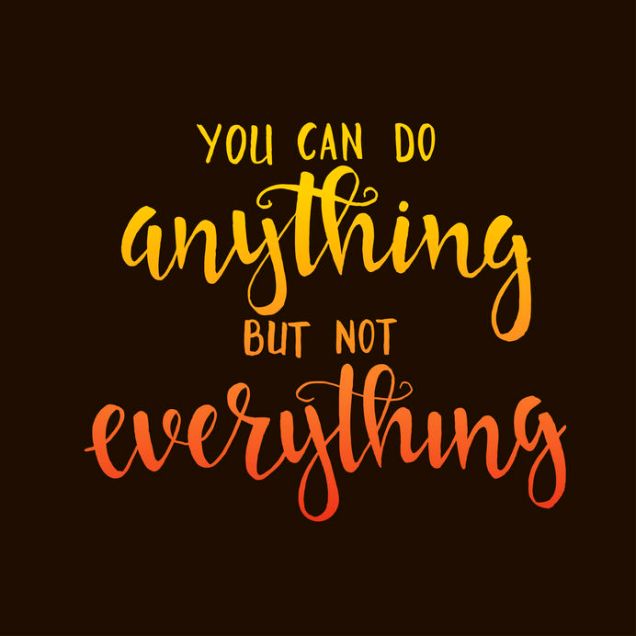Last time you heard from me, I was happy that an article I wrote about library documentation was accepted for publication. What I didn’t mention at the time was that I had also written a paper about public libraries supporting health and wellness and sent it to a different online journal, hoping to be published there as well.
I was pretty proud of my paper and submitted it with no doubt of its being chosen for publication. However, over the summer I received word that although the paper “shows considerable promise” it would “require major revisions for acceptance.”
What do you mean, major revisions?!?!

I’m the sort of person that likes to do everything perfectly the first time. When writing a paper, I’m used to the fact that minor revisions are always necessary. But when I submit a finished product, I secretly expect its excellence to be confirmed by all who view it. (What? That’s unreasonable, you say? Phooey!) “Major revisions” are not part of the plan.
Yes, I know I need to get over myself.
So instead of viewing the journal’s response as a sign of unacceptable failure (as I might have before I became a research assistant at the iSchool Public Libraries Initiative) and letting it affect my self esteem, I’m instead learning to embrace the research publication process and become more realistic. I’m taking the editors’ suggestions seriously and working on the difficult, sometimes painful, process of hard-core revision. It may not be fun, but it is necessary for my personal and professional growth.
Please wish me luck and fortitude. And please share any experience or advice you have on the topic of not getting what you want the first time around.


